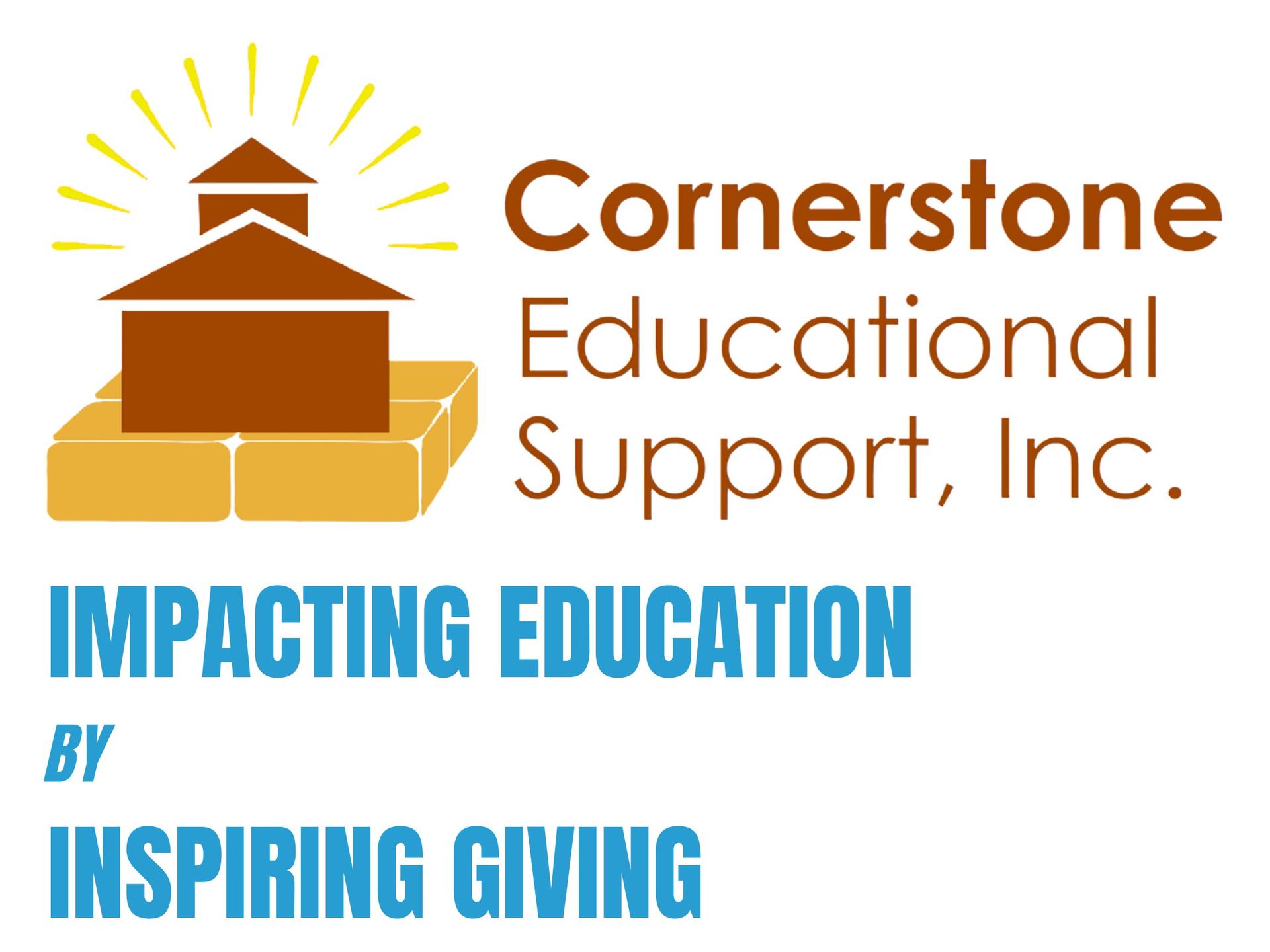Puzzle Pieces, Winds, and Water
I was listening to a Christian radio station this past Wednesday morning (WIHS FM at 104.9). The featured In Touch teaching by Dr. Charles Stanley immediately caught my attention. It was on the topic of what to do when God closes a door to something that you thought for sure He had opened.
The church that my husband and I attend has been looking for a new location for many months now. There have been a couple really strong leads, ones that the leadership thought for sure were from the Lord. In the end, those leads turned into dead-ends.
The summation of Dr. Stanley’s teaching is that God alone holds and is sovereign over all the pieces to the puzzle of life. We only see but a fragment of those pieces. He sees every single crevice and angle of every single puzzle piece. God sees what we do not see; He knows what we do not know.
So, if God closes a door — even a door that we were certain He had opened in the first place, we need to trust that He is redirecting us due to an abundance of His love and care. We need to trust that He knows that if we knew all that He knows, then we would not try to force our way through that door that He has now closed. We need to trust God to be redirecting our path toward a new door that He will open at precisely the time He wants it opened, because His plan and timing are always best.
Meanwhile, the previous morning, I was listening to the same radio station and caught a teaching by Dr. Tony Evans on his The Alternative program. In that teaching, Dr. Evans shared a testimony.
He had been part of a big gospel crusade being held at a stadium. A raging thunderstorm was heading their way and was projected to hit at the time the crusade was supposed to start, likely resulting in the crusade being canceled. A group of pastors got together to pray and “safely” asked God to intervene.
As the storm advanced, a woman nearby asked if she could pray with them. She proceeded to boldly declare to God that He controls even “the winds and the water.” She declared to God that He knew how much time, energy, and resources went into organizing the crusade. She declared to God that if He did not stop the storm from hitting the crusade overhead — thus leading to the crusade being canceled, then His name would be shamed because thousands who could have heard the gospel would not hear the gospel. She then called in faith for Jesus to address the storm so as not to shame His name but instead to glorify it.
Dr. Evans continued his testimony by saying that he and his wife witnessed with their own eyes the parting of the rain clouds over the stadium. They literally split in two, with storm clouds raining down on both ends and sides of the stadium but not overhead. Everyone attending the crusade remained dry.
These are my takeaways from these two “teachings” and how they can be applied to Cornerstone Educational Support, Inc.:
- Though God opened the door for CES to be conceived and birthed, He has not yet opened doors leading us to public funding that will enable us to fulfill our mission. We need to not get discouraged but to instead continue moving forward, all while listening intently to any redirections from Him. We need to be careful not to force doors open that God has called to be closed, while trusting Him to open the doors He wants to be opened in His perfect timing.
- We need to ask God to help us come alongside Him by putting aside any of our plans that are not from Him and that will not bring glory to His name. We need to trust that God is sovereign and is more than able to control "the winds and the water" that threaten to overcome CES. We need to boldly and confidently declare to God that since CES was initiated to help CCS victoriously run the race to which God has called the school since opening its doors in 1981, that since CES is His 501(c)(3) and not ours, and that since He paved the way for CES to exist, that we trust Him to bring the results that will most glorify Him.
"Give thanks to the Lord, for he is good; his love endures forever... He stilled the storm to a whisper; the waves of the sea were hushed" (NIV, Psalm 107: 1 & 29).

Big Dream Blog




